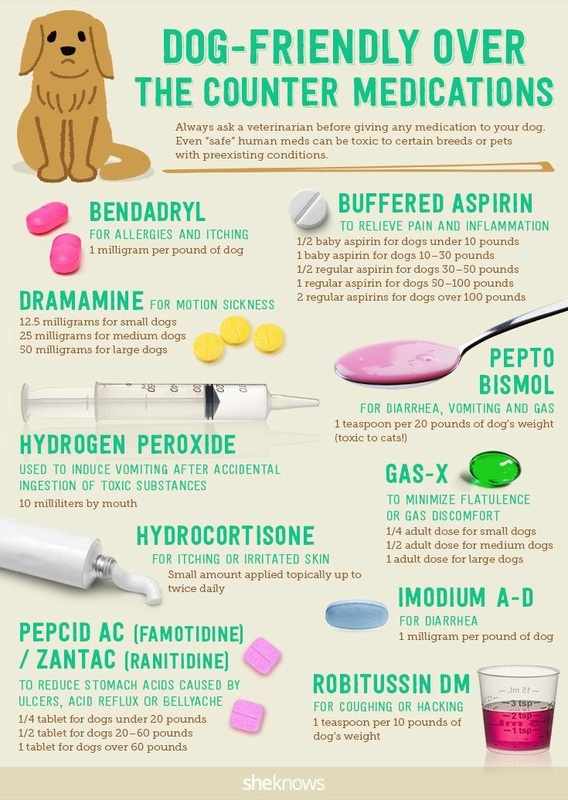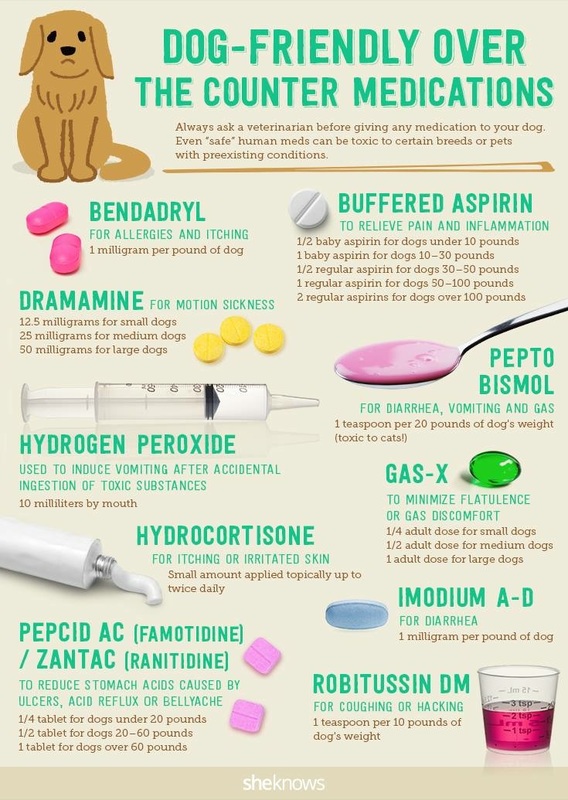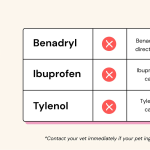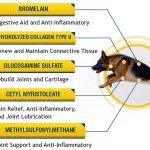As dog owners, we want to ensure our furry friends live their best lives, free from pain and discomfort. When our dogs are sick or injured, it’s natural to turn to human medications as a quick fix. But should you give your dog baby aspirin or Tylenol?
A Critical Question
It’s surprising how often pet owners reach for over-the-counter (OTC) human medications when their dogs are feeling under the weather. After all, these meds seem to work wonders on humans – why not dogs too? The truth is, while OTC meds can be a quick fix for us, they’re not always safe or effective for our canine companions.
Why It Matters
Dogs, unlike humans, have different metabolisms and physiological responses to medication. Giving your dog the wrong medication – or even a dose that’s too high – can lead to serious health complications, ranging from stomach ulcers to organ damage. In this post, we’ll delve into the ins and outs of giving baby aspirin or Tylenol to your dog.
The Problem with Human Medications
While OTC meds might be a convenient solution for human ailments, they’re not designed with dogs in mind. Here’s why: our canine friends have unique physiology that sets them apart from humans. For example, dogs metabolize medication differently, and their liver can’t handle certain substances as effectively.

As we continue to explore the world of canine health, it’s essential to understand the risks associated with giving human medications to your dog. In our previous post, we touched on the idea that baby aspirin and Tylenol are not necessarily the answer when it comes to treating your furry friend.
The Dangers of Misuse
When you give your dog human medication without consulting with a veterinarian, you’re taking a significant risk. Even if the medication is intended for humans, it can still cause harm or even be fatal in dogs. For example:
- A study published in the Journal of Veterinary Internal Medicine found that giving dogs aspirin increased their risk of developing gastrointestinal ulcers by as much as 50%.
- The American Animal Hospital Association (AAHA) warns that giving dogs acetaminophen (Tylenol) can lead to liver damage, kidney failure, and even death.
What’s the Alternative?
If your dog is experiencing pain or discomfort, it’s crucial to consult with a veterinarian who can prescribe appropriate medication for their specific condition. Your vet will be able to recommend a safe and effective treatment plan tailored to your dog’s needs.
Why Consult a Veterinarian?
A veterinarian has the knowledge and expertise to diagnose and treat your dog’s health issues safely and effectively. They can also provide guidance on how to manage your dog’s symptoms and prevent future episodes of illness or injury.
Remember, it’s always better to err on the side of caution when it comes to your furry friend’s health. By consulting with a veterinarian and avoiding human medications, you’ll be doing what’s best for your dog’s well-being.
In conclusion, it’s crucial to exercise caution when considering human medications for your dog. While baby aspirin or Tylenol may seem like a quick fix, they can have serious consequences for your furry friend. Always consult with your veterinarian before administering any medication, and remember that OTC meds are not designed with dogs in mind.
As responsible pet owners, it’s our duty to prioritize our dog’s health and well-being above all else. So, the next time you’re tempted to reach for human medication, take a step back and consider the risks involved. Instead, rely on your veterinarian’s expert advice and opt for canine-specific medications that are designed to keep your dog safe and healthy.
By doing so, you’ll not only be protecting your dog from potential harm but also ensuring their life is filled with joy, comfort, and a tail-wagging good time. So, take the time to do it right – your dog will thank you!
2 week old puppy: a bloated condition: Are you concerned about your 2-week-old pup’s sudden bloat? Get expert advice on what causes this common condition in young puppies and how to prevent it from happening again.
Ask a CPA: a question online free: Need help with your finances? Get instant answers to your tax and accounting questions without breaking the bank. Learn how to ask a certified public accountant (CPA) for advice online, completely free of charge.





